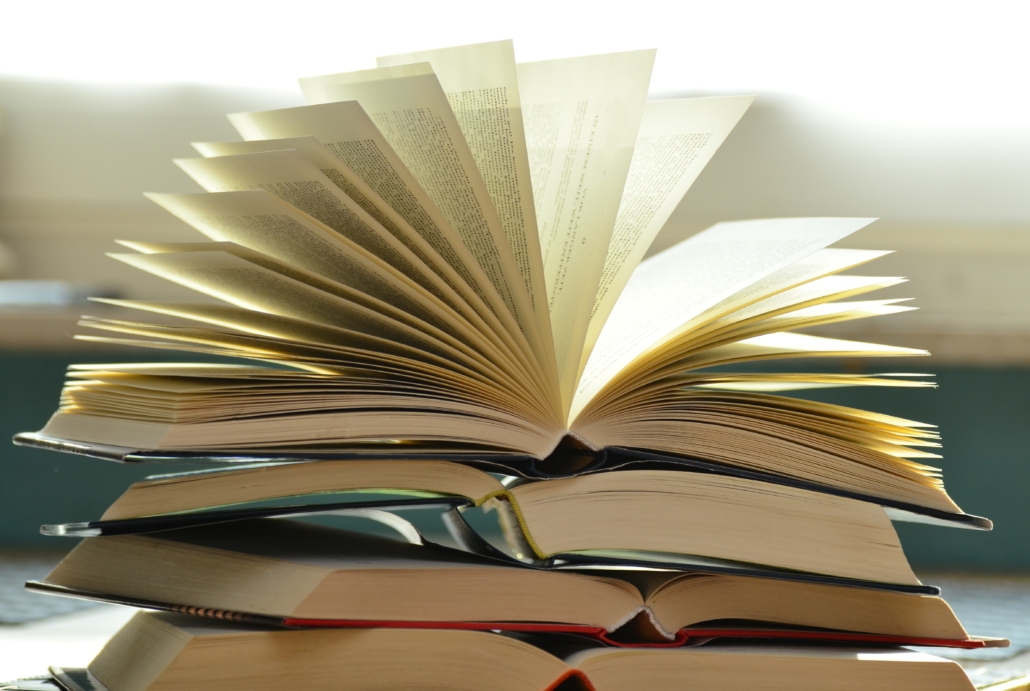Linda Pastan 1932-2023
ALMOST AN ELEGY: NEW & LATER SELECTED POEMS, Linda Pastan. W. W. Norton & Company, 500 5th Avenue, New York N. Y. 10110, 2022, 122 pages, $30 cloth, www.wwnorton.com.
I began my research for this post by rereading Linda Pastan’s New York Times obituary. I could post a link and be done. The effusive praise you find there, the careful highlighting of biography—it’s exactly what I want to say.
“Linda Pastan writes about ordinary life — family, motherhood, aging, relationships, loss — in crystalline, transcendent verse often filled with humor, surprise, joy, and sorrow.” –Jill Bialosky
Yes, yes, yes, I kept thinking. I picked out a few crumbs, new (delicious) details I didn’t remember from my first reading of the obit in February. For instance, that 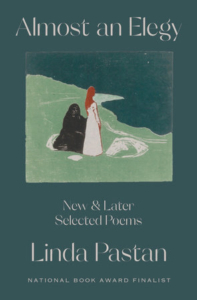 Pastan didn’t write poems when her children were small—
Pastan didn’t write poems when her children were small—
She took up writing again in the mid-1960s, trying a novel. But, she said, she found she was more interested in the descriptive language of what she was writing than the plot or characters. “My novel kept getting shorter and shorter, becoming almost a short story….Before long I realized that what it really wanted was to become a poem.”
—“Linda Pastan, Poet Who Plumbed the Ordinary, Dies at 90,” The New York Times, Feb. 3, 2023
While reading Pastan’s poems, I kept thinking, Look here, you don’t need to write a poem about this topic, she already wrote it! A feeling that Pastan herself addresses in her poem “Rereading Frost”: “Sometimes I think all the best poems / have been written already…”
I’m surprised, by the way, to learn that Pastan ever did not write. Some of her most memorable poems are about childbirth (see the NYT obit) and living with young children. In her earlier books, I found her mirroring back to me my own ages and stages in marriage and middle age. And now, as I plow toward seventy, I find she has more to teach me.
This poem, which I had not encountered previously, now has its page dogeared:
The Last Uncle
The last uncle is pushing off
in his funeral skiff (the usual
black limo) having locked
the doors behind him
on a whole generation.And look, we are the elders now
with our torn scraps
of history, alone
on the mapless shore
of this raw new century.—Linda Pastan
She also has an uncanny ability to predict the future, as if the world contains all its secrets, a jar of bees, and she has pressed her ear against it and listened hard. Her poem, “Somewhere in the World,” from Travelling Light (2011), opens with these stanzas:
Somewhere in the world
something is happening
which will make its slow way here.A cold front will come to destroy
the camellias, or perhaps it will be
a heat wave to scorch them.A virus will move without passport
or papers to find me as I shake
a hand or kiss a cheek.
I saw Pastan at SAL several years ago, and wrote here about her book, Insomnia. I feel privileged to know her work from her earlier selected, Carnival Row, which I have picked up so often it is falling apart. Almost an Elegy is, equally, a treasure. Let me end with this poem from the “New Poems” section. Imagine me, inserting Pastan’s name:
Almost an Elegy: For Tony Hoagland
Your poems make me want
to write my poems,which is a kind of plagiarism
of the spirit.But when your death reminds me
that mine is on its way,I close the book, clinging
to this tenuous world the way the leavesoutside cling to their tree
just before they turn color and fall.I need time to read all the poems
you left behind, which piercethe darkness here at my window
but did nothing to save you.—Linda Pastan


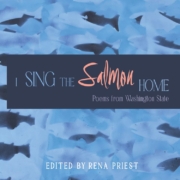
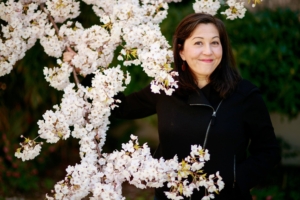 Washington State Poet Laureate) has selected 167 poems as varied as wild salmon themselves. The section titles give us a clue to the contents: “Wild, Sacred,” “Sojourn,” “Invisible Thread,” “Fish School,” “Gratitude,” “Choices,” “Vigil,” “What We Owe.” With a preface from Priest herself, and an introduction by Empty Bowl co-publisher
Washington State Poet Laureate) has selected 167 poems as varied as wild salmon themselves. The section titles give us a clue to the contents: “Wild, Sacred,” “Sojourn,” “Invisible Thread,” “Fish School,” “Gratitude,” “Choices,” “Vigil,” “What We Owe.” With a preface from Priest herself, and an introduction by Empty Bowl co-publisher 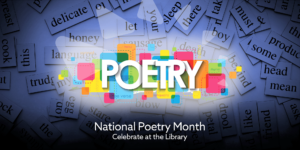
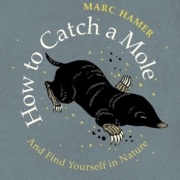
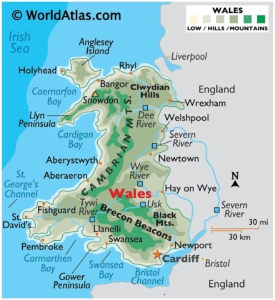
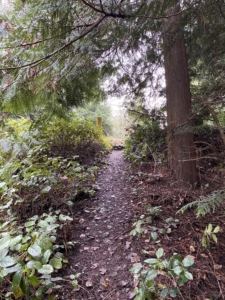
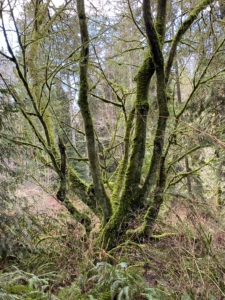
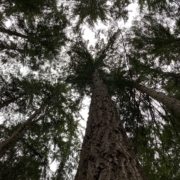

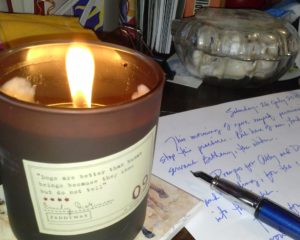 minutes.
minutes.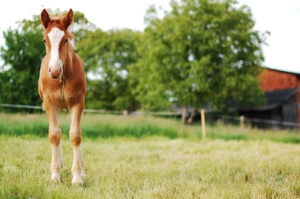 I woke up one night — from a dream? into a memory? — of sitting in the hayfield beside our barn, and watching a foal die. (“A” foal? The foal, Brandy’s foal.) I experienced exactly what Bessel Van Der Kolk describes in his book,
I woke up one night — from a dream? into a memory? — of sitting in the hayfield beside our barn, and watching a foal die. (“A” foal? The foal, Brandy’s foal.) I experienced exactly what Bessel Van Der Kolk describes in his book, 